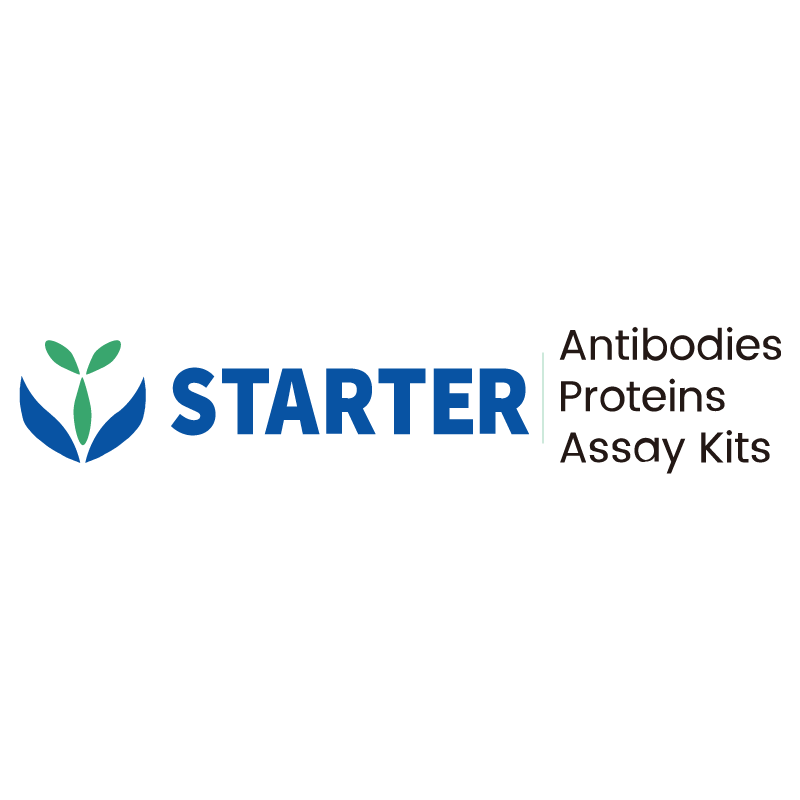Western Blot analysis of extracts from HeLa, NIH/3T3 and C6 cells using anti- tubulin, biotin linked Antibody followed by Anti Biotin rabbit mAb and anti- rabbit IgG, HRP linked Antibody.
Product Details
Product Details
Product Specification
| Host | Rabbit |
| Antigen | Biotin |
| Clone Number | S-3083 |
| Antibody Type | Recombinant mAb |
| Isotype | IgG |
| Application | WB |
| Reactivity | Species Independent |
| Purification | Protein A |
| Concentration | 0.5 mg/ml |
| Conjugation | Unconjugated |
| Physical Appearance | Liquid |
| Storage Buffer | PBS, 40% Glycerol, 0.05% BSA, 0.03% Proclin 300 |
| Stability & Storage | 12 months from date of receipt / reconstitution, -20 °C as supplied |
Background
Biotin, also known as vitamin B7 or vitamin H, is a water-soluble B-complex vitamin that serves as a crucial coenzyme for carboxylases, facilitating key biochemical processes such as gluconeogenesis, fatty acid synthesis, and amino acid metabolism. Since the human body cannot synthesize biotin on its own, it must be obtained through dietary sources (e.g., egg yolks, nuts, and animal liver) or in small amounts via gut microbiota. Its molecular structure consists of a ureido ring fused with a tetrahydrothiophene ring, and the valeric acid side chain enables binding to enzyme proteins for biological activity. Although widely believed to strengthen hair and nails due to its affinity for keratin, scientific evidence primarily supports biotin supplementation for addressing deficiencies or metabolic disorders, which may manifest as dermatitis, hair loss, or neurological abnormalities. The recommended daily intake for adults is approximately 30 μg, with higher doses needed for pregnant women or specific populations. While biotin toxicity is rare, excessive intake can interfere with laboratory tests (e.g., thyroid hormones, cardiac biomarkers).
Picture
Picture
Western Blot
Western Blot analysis of “Biotinylated Guanylyl Cyclase C/GUCY2C Fc&Avi Tag Protein, Human” using anti Biotin rabbit mAb followed by anti- rabbit IgG, HRP linked Antibody.


